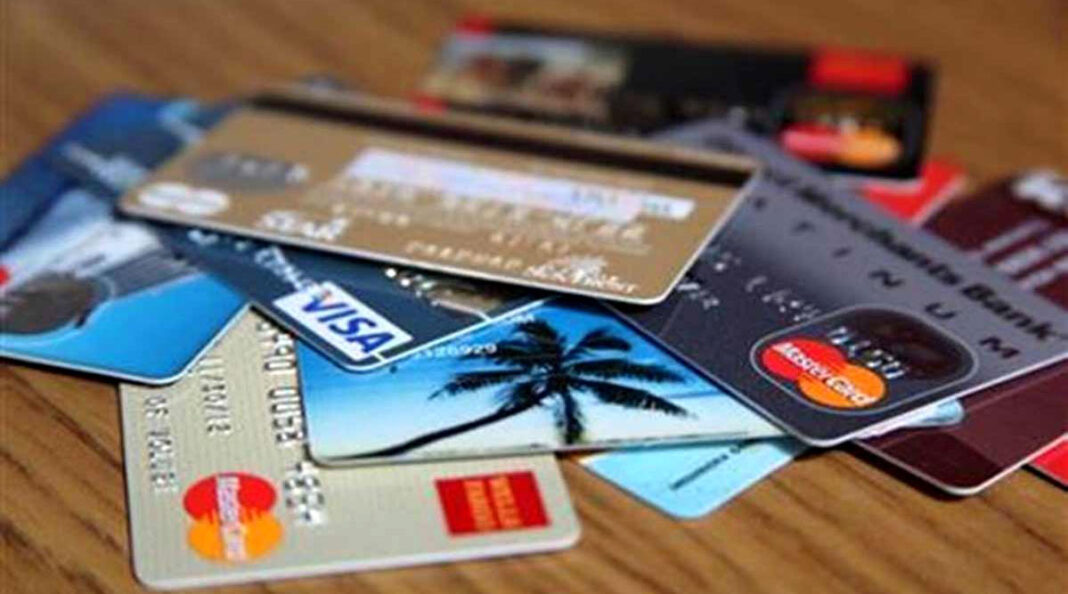From July 1, you won’t be able to pay bills automatically, as the old autopay mandates on your debit and credit cards will stop as merchants, payment aggregators, payment gateways and acquiring banks can no longer store the card details of customers. Such data stored by businesses and other entities will have to be purged and the entities will have to apply for tokenisation. With the discontinuation of sharing actual card details with the merchants during transaction processing, the tokenised card transactions are considered safer for the customers.
UPI Transactions: RBI provides way to safeguard your bank account, avail free credit period In tokenised card transactions entities can store only the last four digits of the card number and the card issuer’s name for transaction tracking and reconciliation purposes. However, unlike the existing autopay system, a customer’s consent and OTP-based authentication are required in a tokenised card transaction for creating a token. Also Read Hinjawadi: An investor’s paradise in Pune Retirement planning: Five options for an assured income 5 ways to check provident fund (PF) balance with or without universal account number Home Loan: Key clauses in home loan agreement you must be aware of The First RBI deadline to tokenise the card details was June 30, 2021.
But at the request of merchants and payment aggregators, as well as card companies and banks, it was first extended to December 31, 2021, and then further extended by six months till June 30, 2022. Ravi Battula, Vice President – Merchant Acquiring Business, Wibmo, explains how tokenisation will make digital payments safer: With payments getting more and more ubiquitous, transcending into invisible or embedded payments with advancements in mobile technology, IoT, and wearables, more such trends will emerge. This will demand a very different kind of infrastructure.
To support payments at such an industry scale, card on file using browsers or in apps, frictionless payments will become a norm as consumers start experiencing the convenience of such payment trends. The best example is messaging-based payments (WhatsApp). It demonstrates the speed and convenience of a payment at par with a message, completely breaking the barriers for payment vs non-payment journeys on the same app.
This is possible through robust data security, network security, and beyond to gain consumer trust. How credit cards can improve the personal finances of new earners In order to deliver such a converged experience, consumers will have to trust the applications and be sure of the security before they can adopt at scale without worrying about bad actors. At the same time, platforms have to build transparency and flexibility, adding in enough controls for consumers to display their digital activity with the ability to choose and opt for certain activities.
Network security, data security standards, and cryptographic standards exist today with evolving innovation. Payment systems have relied on the existing standards and infrastructure so far. Tokenisation accentuates the security further, which is built by payment.
Platforms for the payment ecosystems operating on secured data and network standards. This is a key driver which alleviates the overall consumer experience and trust driving the overall reforms towards quick, secure, reliable foundations. Tokenisation makes it possible to accomplish such an omni-channel payment journey seamlessly.
This needs broader adoption through unlocking ecosystem potential for token issuance, acceptance, token lifecycle management, and more. RBI has already taken the first step by enabling issuers to be a TSP (Token Service Provider) towards greater adoption and innovation in tokenisation, paving the way towards payment reforms for the next decade and beyond. .
From: financialexpress
URL: https://www.financialexpress.com/money/old-autopay-mandates-on-your-cards-will-stop-on-june-30-will-it-make-transactions-safer/2569637/



